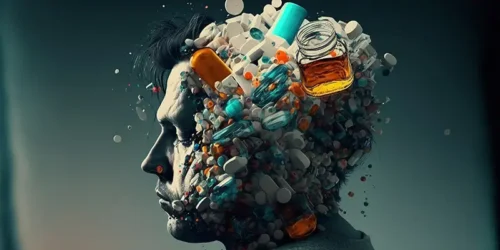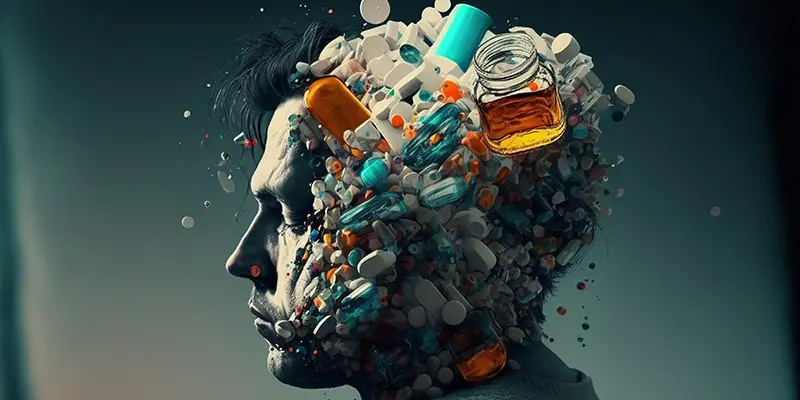
Psychedelic substances are increasingly being studied for their potential role in addiction treatment. What began as fringe research has moved into the mainstream scientific community, with promising results from several clinical trials and research programs.
The most studied psychedelics in addiction treatment include:
- Psilocybin (from magic mushrooms): Shows promise for alcohol and tobacco addictions
- MDMA: Being investigated for its potential in treating substance use disorders
- Ibogaine: Has shown effectiveness particularly for opioid withdrawal
- LSD: Early research indicates potential benefits for alcohol dependency
- Ayahuasca: Traditional use and early studies suggest benefits for various addictions
How Psychedelics Work?
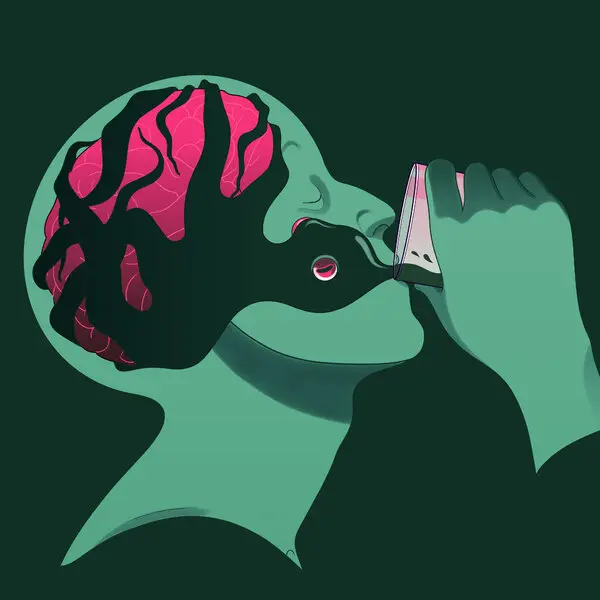
Psychedelics help addiction through several mechanisms:
Neuroplasticity enhancement – creating new neural pathways that can help break entrenched addictive patterns
Default mode network disruption – temporarily quieting the brain networks associated with self-referential thinking and rumination
Psychological insights – facilitating meaningful personal revelations about the roots of addictive behaviors
Mystical experiences – profound transcendent experiences that correlate with therapeutic outcomes
How Psychedelics Help Addiction Recovery
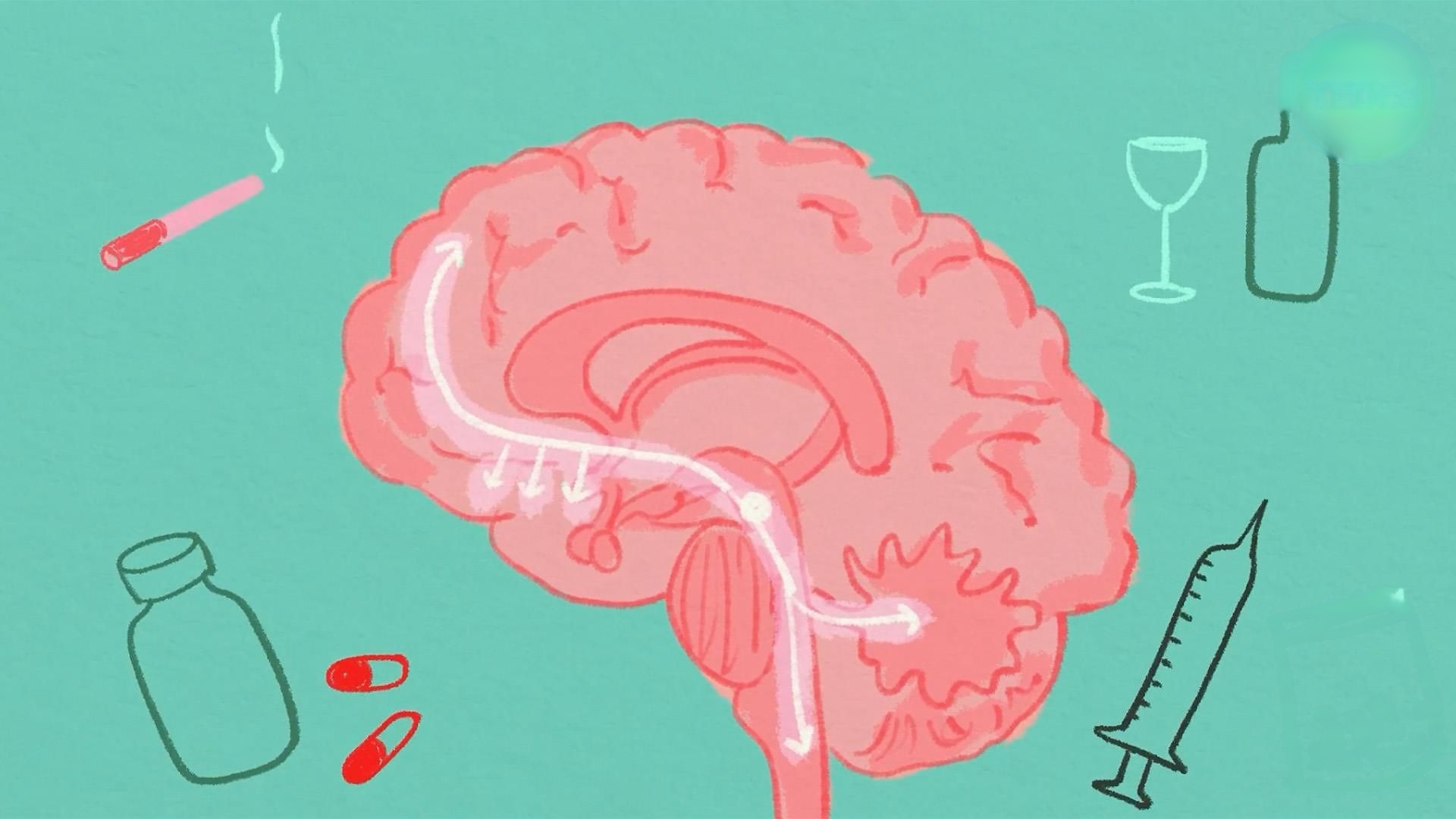
Psychedelics address addiction through multiple pathways that conventional treatments often don’t target:
Neurobiological Mechanisms
Neuroplasticity enhancement: Psychedelics promote the growth of new neural connections and synapses, particularly in the prefrontal cortex. This helps create new thought patterns and behaviors that can replace entrenched addictive cycles.
Default Mode Network modulation: Psychedelics temporarily reduce activity in the brain’s default mode network—associated with self-referential thinking and rumination. This allows patients to break free from rigid thought patterns that maintain addiction.
Receptor activity: Many psychedelics act on serotonin 5-HT2A receptors, affecting neurotransmitter systems involved in reward, motivation, and craving.
Reset effect: Research suggests psychedelics “reset” dysfunctional brain circuits associated with addiction, creating an opportunity for new patterns to emerge.
Psychological Mechanisms
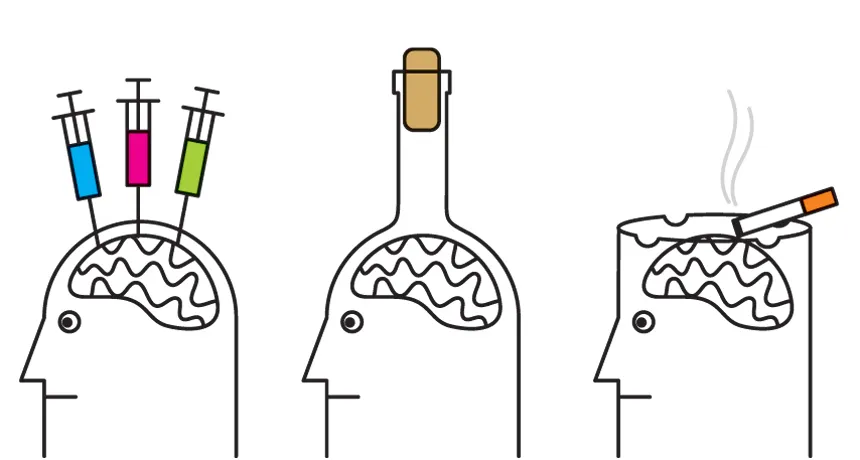
Insights and perspective shifts: Patients often report profound realizations about their relationship with substances and underlying emotional wounds.
Mystical or transcendent experiences: Studies show that the intensity of mystical experiences during psychedelic sessions correlates strongly with treatment outcomes.
Reduced fear response: Psychedelics help patients process trauma and face difficult emotions that may be driving addictive behaviors.
Enhanced emotional processing: They can make emotional content more accessible, allowing patients to address underlying issues.
Meaning-making: Psychedelics help people find new meaning and purpose—powerful counterforces to addiction.
Integration and Context
What makes psychedelic therapy particularly effective is that these experiences typically occur within a structured therapeutic framework:
- Preparatory sessions establish intention and build rapport
- Guided sessions provide psychological safety
- Integration sessions help patients make sense of insights and translate them into lasting behavioral change
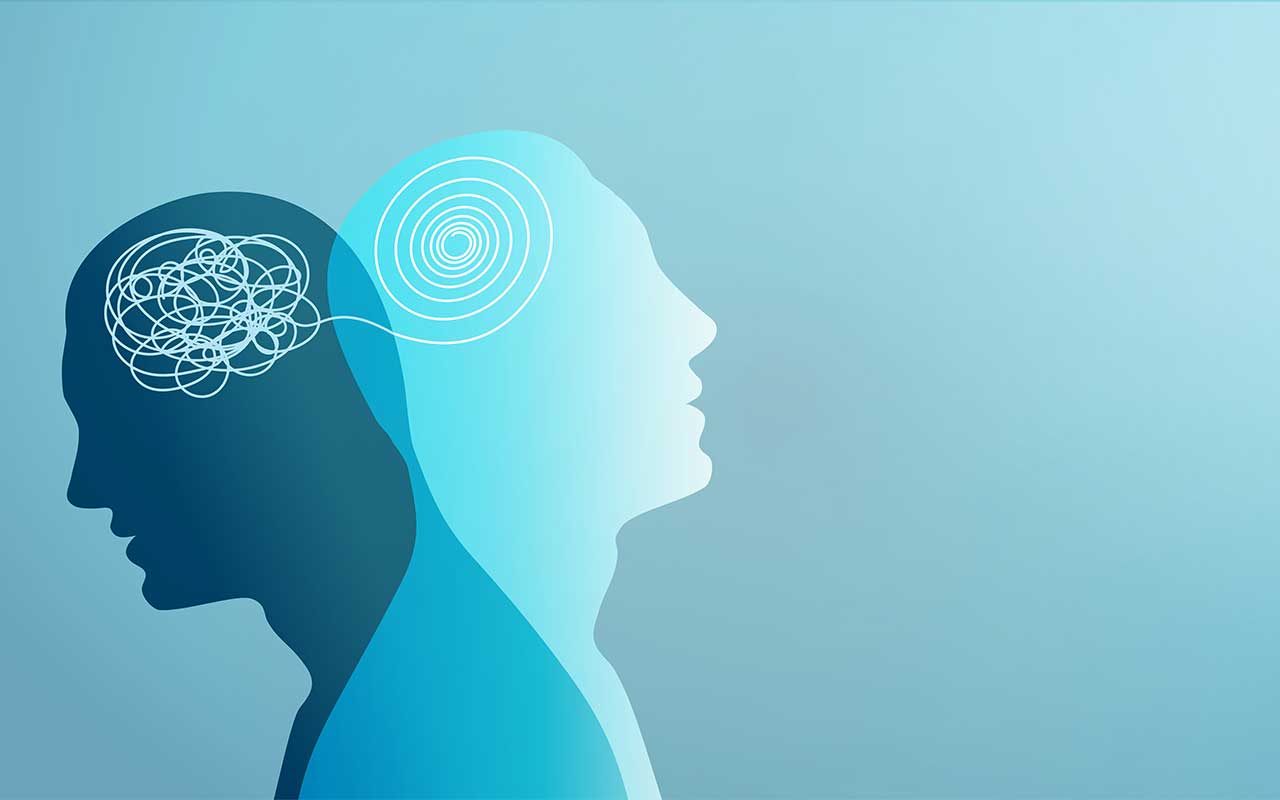
Conclusion
Psychedelics represent a promising frontier in addiction treatment, offering mechanisms of action fundamentally different from conventional approaches. Their ability to work simultaneously on neurobiological, psychological, and spiritual levels addresses the complex, multifaceted nature of addiction in ways that single-mechanism treatments often cannot.

